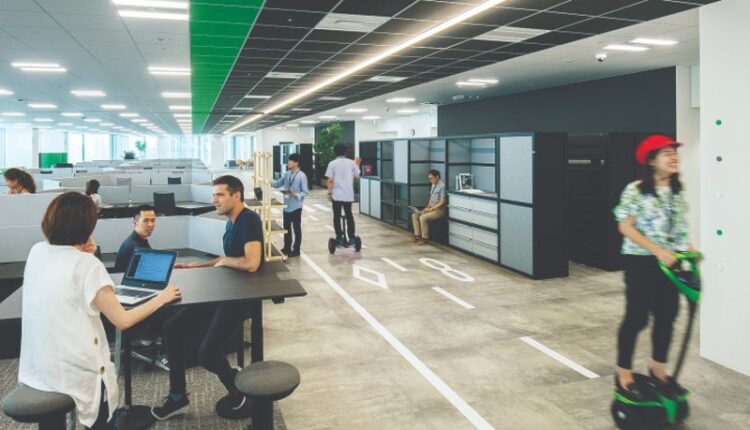Many of those new employees have more than a decade of experience in vital fields such as cloud-based services, Kuffner noted, and nearly a quarter of the newcomers have doctoral degrees in mission-critical areas such as machine learning and computer vision.
“It’s quantity times quality equals impact,” Kuffner said. “We need great people and world-class employees at scale in order to have the impact we’re hoping for.
“Even if I hire three engineers a week, it will take me two years to get over 300 engineers with this kind of skill and experience.”
Last summer, when it was announced that Woven Planet Holdings would be formed out of its predecessor company, Toyota Research Institute – Advanced Development, the business had just 560 employees. The goal at that time was to expand beyond 1,000.
It is now well beyond that — and more acquisitions are adding to the total.
In July, in a bid to expand its advanced high-definition mapping penetration in the U.S., Woven Planet said it would buy the American high-tech mapping company Carmera Inc. That deal brings another 50 employees into the Woven Planet fold.
Woven Planet, which has its headquarters in a downtown Tokyo high-rise, is scouring the globe and isn’t afraid to absorb and maintain satellite locations around the world. That diversity could help attract people not keen on Tokyo and retain employees from newly acquired companies.
“I want to hire thousands of great, talented software engineers and scientists to help us deliver safe mobility to the world. And how am I going to get those people?” Kuffner asked after the Level 5 deal. “Not everyone can move to Tokyo. And in fact, there’s talent all over the world.”


